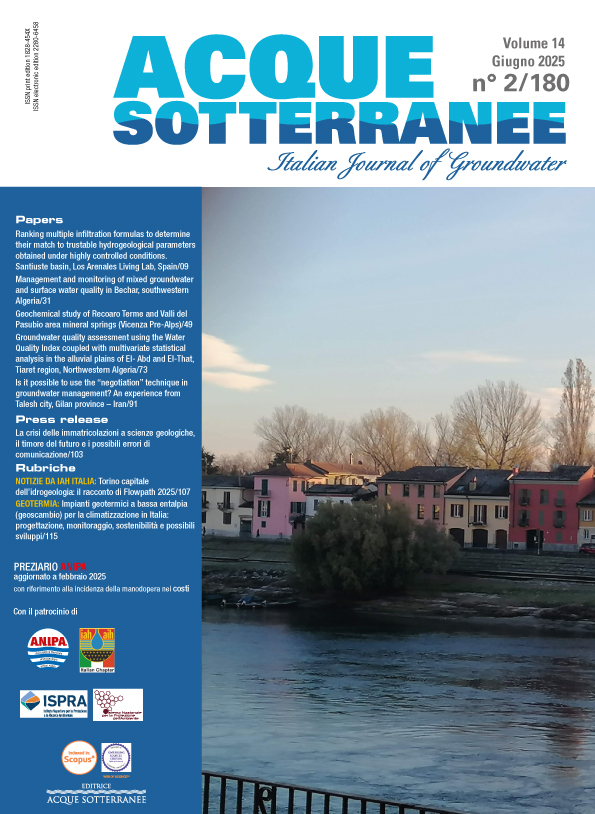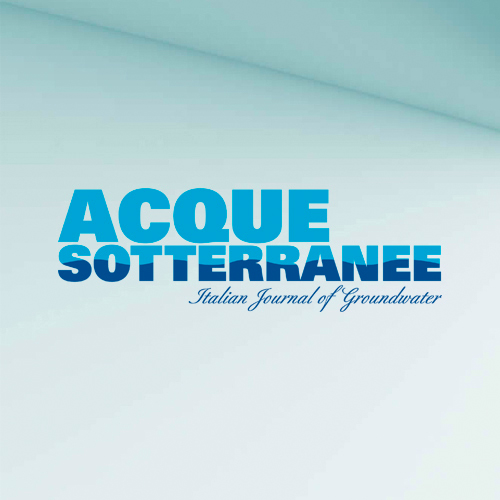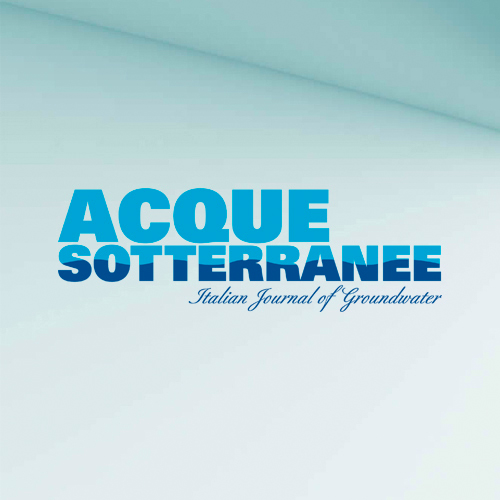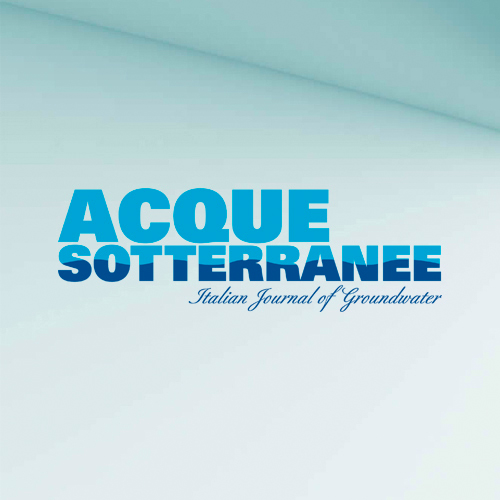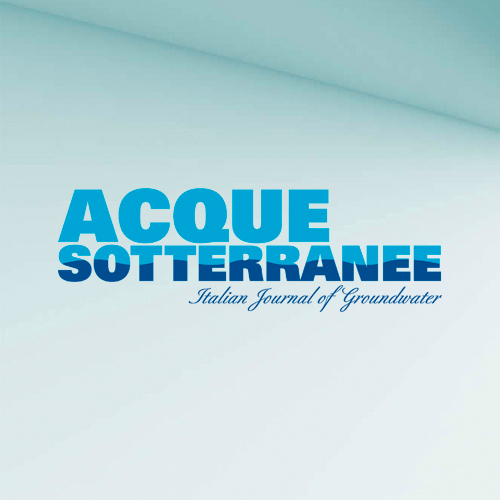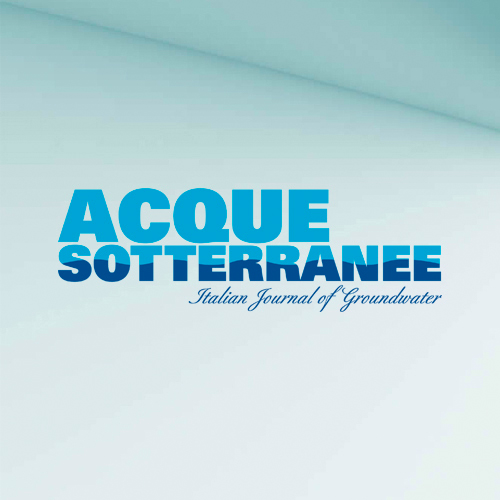Management and monitoring of mixed groundwater and surface water quality in Bechar, Southwestern Algeria
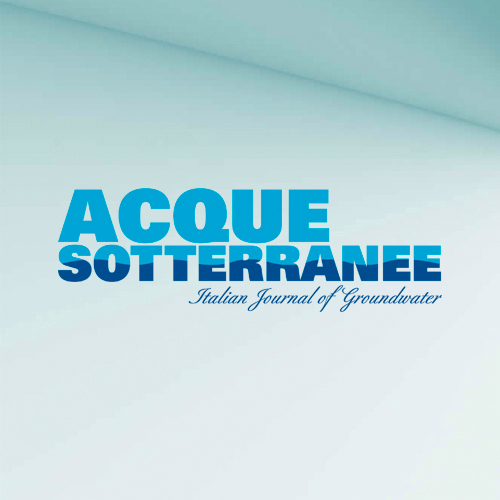
All claims expressed in this article are solely those of the authors and do not necessarily represent those of their affiliated organizations, or those of the publisher, the editors and the reviewers. Any product that may be evaluated in this article or claim that may be made by its manufacturer is not guaranteed or endorsed by the publisher.
Authors
Bechar, in southwestern Algeria, depends on two main water sources: groundwater accounts for 80%, while surface water accounts for 20%. The aim of the study is to assess the suitability of water in the Bechar region for drinking and irrigation purposes by analyzing physical and chemical parameters. The results revealed distinct differences in the composition of groundwater and surface water. Surface water was characterized by SO42−, Cl−, Ca2+ and Mg2+ composition, whereas groundwater varied between SO42−, Cl−, Ca2+, and Mg2+ and HCO3−, Ca2+, and Mg2+ types. We classified most groundwater samples as good quality for drinking purposes, while the surface water requires careful quality monitoring. In addition, the quality of irrigation water has been assessed, with groundwater being more suitable and reliable than surface water sources. The study also highlighted significant changes in the chemical properties of water when groundwater is mixed with dam water, including increased pH, reduced concentration of dissolved salt, and effects on mineral concentrations (such as calcium, magnesium) and anions (such as chlorides, sulfates, and nitrates). All these findings highlight the need to improve water resource management and sustainability.
How to Cite

This work is licensed under a Creative Commons Attribution-NonCommercial 4.0 International License.
PAGEPress has chosen to apply the Creative Commons Attribution NonCommercial 4.0 International License (CC BY-NC 4.0) to all manuscripts to be published.


